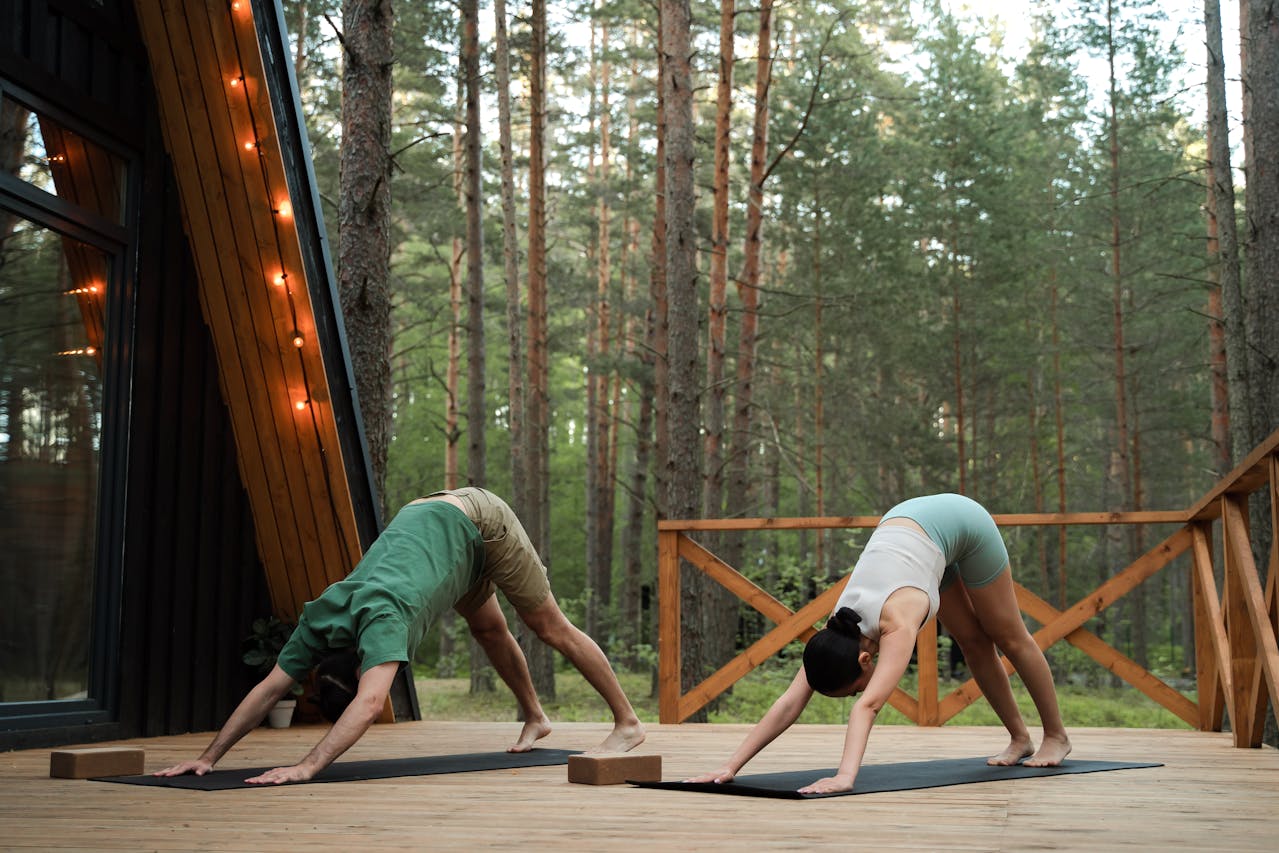
Embarking on the journey of marriage is not just a commitment to a partner; it’s also an opportunity to reflect on and enhance one’s lifestyle choices. Both before and after marriage, adopting healthy habits can lead to a more fulfilling and balanced life.
Before Marriage: Building a Foundation
Before tying the knot, focusing on individual health is crucial. This phase allows individuals to establish personal wellness routines that can strengthen their future partnership. Prioritizing physical fitness is essential—regular exercise not only boosts physical health but also enhances mood and reduces stress. Engaging in activities such as jogging, yoga, or dance classes can be both enjoyable and beneficial
Nutrition is another key area. Both parties need to Learn to cook nutritious meals and understanding portion control can lead to better dietary habits. Knowledge of meal planning and preparing healthy snacks can prevent the temptation of unhealthy choices, ensuring that both partners start their marriage with a solid foundation of health.
Intending couples should prioritize mental wellness to foster healthy communication, emotional resilience, and intimacy. Understanding mental wellness helps them set healthy boundaries, reduce conflicts, and enhance emotional connection, leading to long-term relationship stability. Also, focusing on mental wellness allows couples to support each other’s growth and maintain a lasting, supportive bond. Engaging in self-reflection, pursuing hobbies, and maintaining friendships can foster emotional resilience, preparing individuals for the adjustments and challenges that come with marriage.
Expert Views on Pre and Post-Marital Wellness
Experts in relationship psychology and wellness agree that engaging in wellness activities as a couple fosters deeper emotional bonds and long-term marital satisfaction.
Dr. John Gottman, renowned relationship expert, emphasizes the importance of “love maps” – understanding each other’s inner worlds and shared goals. When couples set wellness goals together, such as fitness challenges or shared nutrition practices, they strengthen their understanding of each other’s values, interests, and ambitions.
According to licensed marriage counselor Dr. Susan Heitler, joint physical activities like exercising or cooking create positive, shared experiences, releasing endorphins that strengthen relational bonds. Research by the American Psychological Association (APA) supports this, showing that couples who engage in activities like cooking or fitness routines together report higher levels of relationship satisfaction. Dr. Heitler notes that such activities encourage teamwork, fostering a sense of “we-ness,” which is crucial for marital longevity.
Mental wellness experts also highlight that prioritizing mental health within the relationship, through practices like regular check-ins and mindfulness exercises, can significantly reduce stress and improve relationship quality.
Dr. Laura Markham, a clinical psychologist, suggests that mindful communication and emotional check-ins help couples remain attuned to each other’s needs, promoting resilience and understanding.
Additionally, prioritizing mental health through open communication and regular check-ins can help couples navigate the stresses of married life. Practicing mindfulness together, whether through meditation or leisurely walks, can enhance emotional connection and overall well-being.
Categories
- Healthy Lifestyle (3)
- Mental Wellness (4)
- Physical Fitness (6)
- Self Development (6)
- Tips (3)



